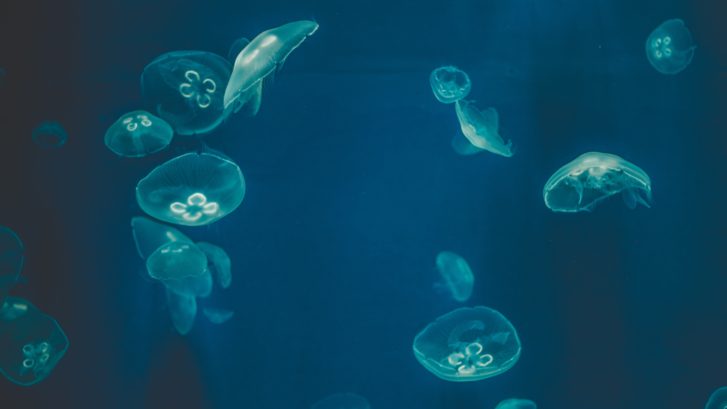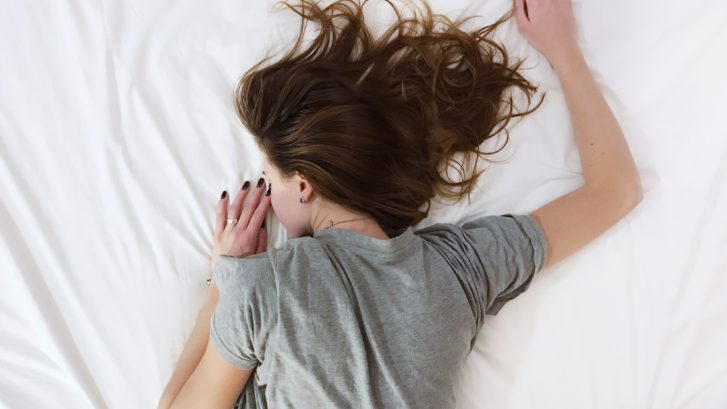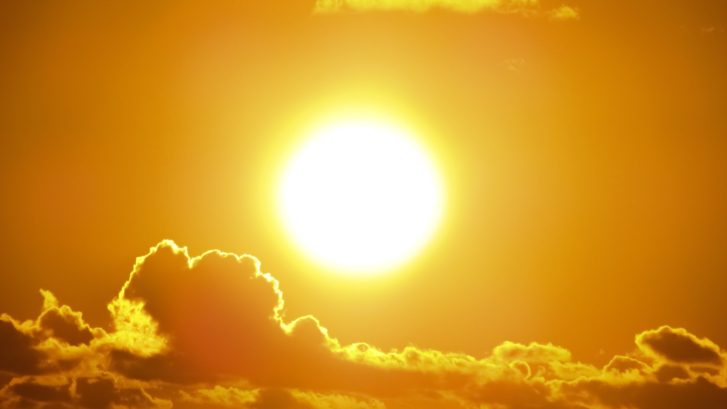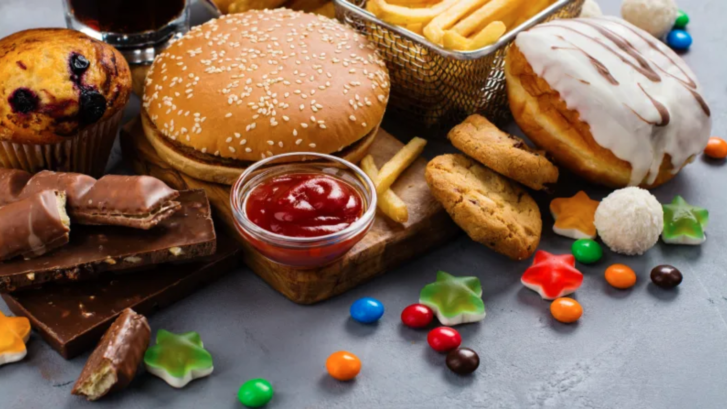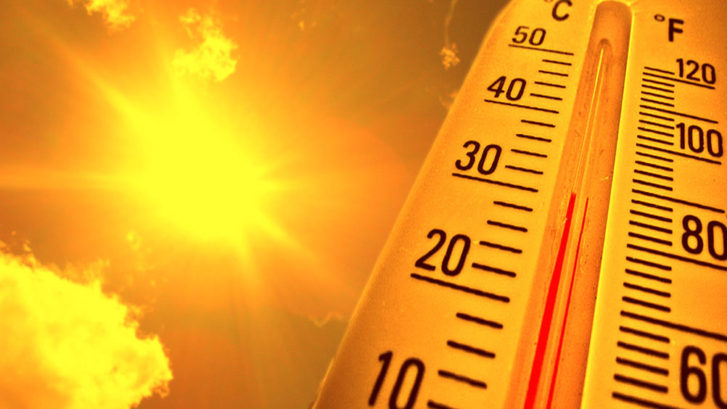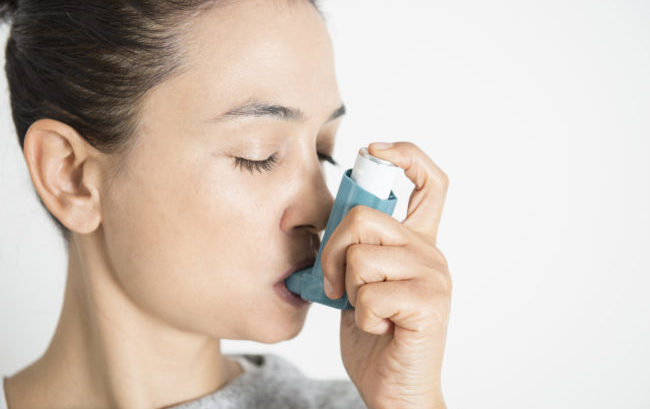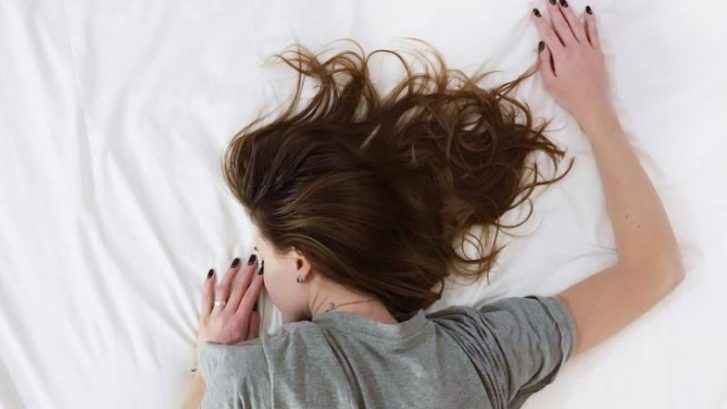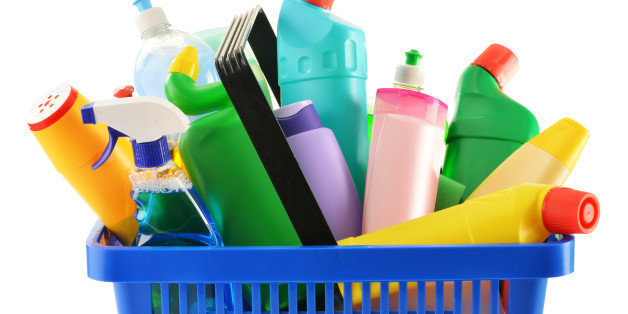Our concierge family practice doctors at MD 2.0 in Jupiter know that sleep is often the best medicine for any illness or injury. Conversely, lack of adequate sleep can not only interfere with recovery, but it can also trigger a host of diseases.
This Friday, March 15th, is World Sleep Day, designed to highlight the critical role sleep plays in maintaining health. World Sleep Day is hosted by the non-profit World Sleep Society (WSS) and was created because “Time and time again, sleep medicine professionals and researchers came up against the belief that sleep was not important enough in personal health and well-being to be a priority,” the WSS explains. It added that “society’s 24/7 flow” exacerbates what some medical professionals and researchers have called a national health crisis.
Several causes
The health issues associated with lack of sufficient sleep
are myriad: obesity, type 2 diabetes, cancer, cardiovascular disease, dementia,
depression . . . even a shorter lifespan overall.
How does poor sleep impact health? In short, the time we
spend sleeping is time the body uses to repair itself, which it can’t do when
we’re eating, working, playing, active, or stressed. From a medical standpoint,
during sleep the immune system releases cytokines, which are a type of protein
the body needs not only to sleep, but to fight the effects of stress, illness,
or injury.
Research has shown that lack of sleep also reduces the number
of certain antibodies used to fight infections. In addition, Japanese
researchers found that losing six hours of sleep over a single night resulted
in significantly elevated blood glucose and triglyceride levels, warning signs
for increased risk of heart disease and diabetes.
Effects of poor sleep
According to the National Institutes of Health (NIH), here
are some of the effects of insufficient sleep on adults, as well as children
and teens.
Brain and emotions
Sleep helps form new pathways to enhance learning, memory,
problem-solving, decision-making, and creativity. Sleep deficiency has been
linked to anxiety, depression, suicide, risky behavior, and inability to cope
with change. The loss of even a single night of sleep has been shown to
increase formation of the proteins associated with Alzheimer’s disease. In
addition, children who are sleep deficient may feel angry and impulsive, have
difficulty paying attention, and get lower grades.
Physical health
Ongoing sleep deficiency is linked to an increased risk of
heart disease, kidney disease, high blood pressure, diabetes, and stroke in
adults. It also increases the risk of obesity in all age groups. In addition,
insufficient sleep hinders the body’s ability to repair itself, including
hampering the immune system. Sleep also supports healthy growth and development
in children and teens, helping to boost muscle mass.
Performance and Safety
A loss of even one to two hours of sleep a night over
several nights has the same effect as if you haven’t slept at all for a day or
two. Sleep deficiency not only interferes with the ability to drive a car, it
can affect people in all lines of work, including health care workers, pilots,
students, lawyers, mechanics, and assembly-line workers. So insufficient sleep
is not only affecting those who experience it, but can impact others, as well.
The NIH estimates that driver sleepiness is a factor in approximately 100,000
auto accidents each year, resulting in about 1,500 deaths.
What Is Healthy
Sleep?
The Centers for Disease Control and Prevention (CDC)
estimates that up to a third of Americans do not get the recommended seven
hours of sleep a night. If you’re sleeping well, you:
- will fall asleep within 15 to 20 minutes of
going to bed;
- will sleep between seven and nine hours per
night (longer than that is also unhealthy);
- will remain asleep for the entire night;
- will awaken feeling refreshed, and will remain
alert and productive during the day; and,
- will not snore, gasp for breath, or feel
restless while you’re trying to sleep.
If you typically skimp on sleep during the week and try to
catch up by sleeping in on the weekends, a new study published last month in
the journal Current Biology has some bad news for you. Researchers found that
so-called “recovery sleep” has no benefit to the body in the long term. As
reported in The Washington Post, participants in a sleep laboratory who we
limited to five hours of sleep on weekdays then allowed to “binge sleep” on
weekends still gained nearly three pounds over two weeks and also experienced metabolic
disruption that would increase the risk of diabetes later in life.
To help you obtain the proper amount of sleep, you should:
- go to bed at the same time every night
- don’t try to sleep on a full stomach
- refrain from using caffeine or alcohol after
dinner
- turn off “blue-light” devices (TVs, computers,
smartphones) at least an hour before bedtime; and,
- restrict activity in the bed to sex and sleep
(i.e., no working, reading, TV, etc.)
Because healthy sleep is so crucial to your health, please
let us know if you have any difficulty falling asleep or staying asleep so we
can help uncover the cause and provide solutions.


